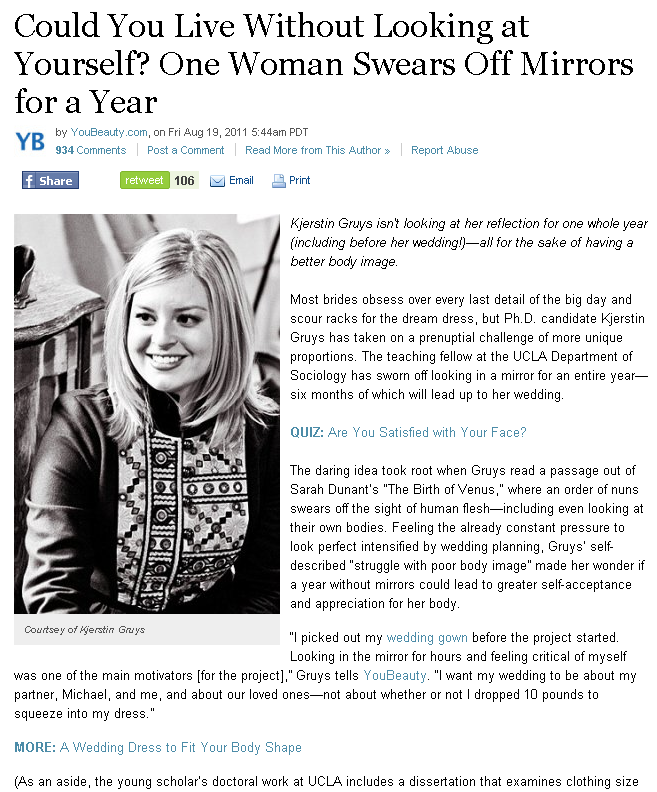
That’s Facebook founder Mark Zuckerberg and, behind him, his “law of information sharing.” The equation and graph illustrate, in his own words:
…that next year, people will share twice as much information as they share this year, and next year, they will be sharing twice as much as they did the year before.
The norms surrounding privacy are changing and new apps and services for us to display ourselves are being invented. Because of this, Zuckerberg predicts that we will share more and new types of information as time passes.
Facebook and the rest of social media (Twitter, Tumblr, Google+ and so on) need us to share more and more information. Facebook, for instance, uses our personal information to attract advertisers who want to better “target” their advertisements to us. Change your relationship status to “engaged” and you may be quickly targeted with wedding ads.
So what?
Karl Marx said that we are “exploited” when we are not paid in wages the full value of our labor (our bosses, instead, skim some off the top). Since our sharing makes Facebook valuable, it is our work that makes it the digital goldmine that it is (valued at around $84 billion). We, in turn, are paid no wages at all.
Should the average Facebook user feel exploited?
Facebook users get non-monetary rewards from using the site, such as self-expression and socializing with others. Perhaps personal connection or social attention is just another type of currency, one that Marx didn’t fully account for. Then again, Marx never argued that workers weren’t compensated at all, only that their compensation was not equal to the value they brought to the employer.
So, what do you think? Is Facebook exploitative? Are monetary and social currencies fundamentally different?
Does a Marxist analysis work on Facebook? Or do we need a different theory to make sense of it all?
——————————
 At his great blog, Work that Matters, Tom Megginson highlighted a pretty stunning commercial. In it, a woman in a dilapidated mansion looks disgustedly at a mildly repulsive carpet covering a giant room. She resigns herself to pulling it up, revealing a smooth hardwood floor beneath. And she hauls the mass of fibers to the street, only to return to a room newly covered again.
At his great blog, Work that Matters, Tom Megginson highlighted a pretty stunning commercial. In it, a woman in a dilapidated mansion looks disgustedly at a mildly repulsive carpet covering a giant room. She resigns herself to pulling it up, revealing a smooth hardwood floor beneath. And she hauls the mass of fibers to the street, only to return to a room newly covered again.




